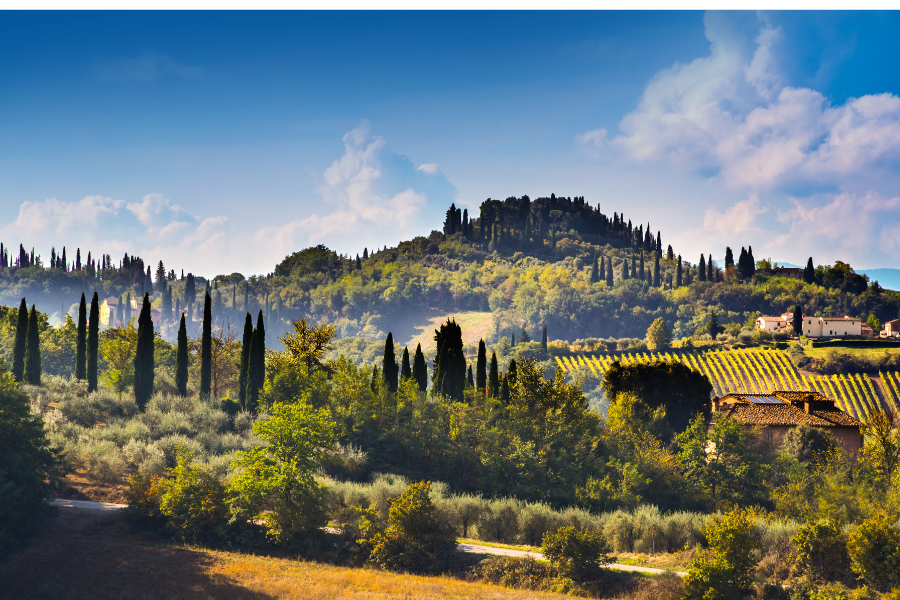The world is going green and Italy is leading this push towards organic farming with its recent €3 billion Euro investment to turn 25% of their agricultural land organic by 2027.
Organic agriculture includes both animal and plant farming. It avoids all synthetic inputs including pesticides, fertilizers, veterinary drugs, antibiotics, hormones, genetically modified seeds, additives and preservatives.
Currently, 16% of Italy’s agricultural land is organic and there are 71.59K organic producers. Italy is also the second largest exporter of organic products after the US.
This €3B Euro investment will go towards farmers who convert their farmland and production chain to organic. In addition to fiscal incentives, research and resources are available to promote quality products. This will also promote implementation of organic farming in less developed areas in order to further promote biodiversity and forestry.
Organic Farming Study
This strategic investment was implemented following a new study by OrtoAmbiente on the proven benefits of organic farming. OrtoAmbiente is an organization from the University of Bologna that is funded by the northern Italian region Emilia-Romana.
The study looked at the spread of pests and disease and found that organic vegetable farms have 40% less need for phytosanitary interventions compared to industrialized farms. Organic farms used a defense system such as predatory insects, companion planting and increasing biodiversity. These best practices showed that organic farms required significantly less chemicals to protect their crops.
New Italian Legislation For Organic Production
This €3B investment also comes on the heels of new Italian legislation (March 2022) that will increase organic food production for both national and international markets. This legislation seeks to improve the entire agri production chain and will promote the “organic made in Italy” label. This plan will provide new tools that better connect the farmers to the restaurants by providing tracking tools, and simplified bureaucracy.
Europe’s Push For Sustainable Food Systems
Italy’s push towards creating better food quality, improving farming practices and increasing sustainable food systems is influenced by the EU’s New Common Agricultural Policy (CAP), the Common Organization of Agricultural Markets (CMO) and the Farm to Fork Strategy.
CAP is an adopted agreement that reformed agricultural policies starting from 2023 to 2027. CMO are markets organizations that were created alongside CAP to “manage the production and trade of most of the EU’s agricultural sector” (EUR-Lex).
The Farm to Fork Strategy is a European food systems strategy at the center of the European Green Deal. This strategy seeks to accelerate the transition towards sustainable and healthy food systems. Some of its key objectives are establishing food security that is both nutritious and affordable, reversing the loss of biodiversity and finding agricultural practices that have a low environmental impact.
These new European programs and policies are expected to bring about additional investments and opportunities in sustainable agricultural and food business.
> Read why you should care about agricultural biodiversity, here
> Why is industrialized agriculture not sustainable? Read all about it here
> Read all about the effects of pesticides on your health here
Sources:
- “Common organisation of agricultural markets (CMO),” Euro – Lex
- DeAndreas, Paolo. “Italy Introduces New Legislation to Promote Organic Production,” Olive Oil Times, March 2022.
- DeAndreas, Paolo. “Italy Investing €3B to Convert a Quarter of Farm Land to Organic by 2027,” Olive Oil Times, June 2022
- “Farm to Fork strategy,” European Commission.
- Isonio, Emanuele. “Biologico, Italia leader mondiale spinge la Ue verso il traguardo del 25%,” Re Soil Foundation, January 2020.
- “The new common agricultural policy: 2023-27,” European Commission, December 2021.
- Provvedimento, March 30th 2022. “Testo unificato sulla produzione agricola con metodo biologico” Italian Parliament.
- “Reinforcing Europe’s resilience: halting biodiversity loss and building a healthy and sustainable food system,” European Commission, May 2020.
- Shahbande, M. “Organic farming in Europe – statistics & facts,” Statistica, February 2022.
- Study: “OrtoAmbiente, studio sulla difesa biologica in agricoltura,” Rinnovabili.it, June 2022.
- “What is organic agriculture?” Food and Agriculture Organization of the United Nations.






